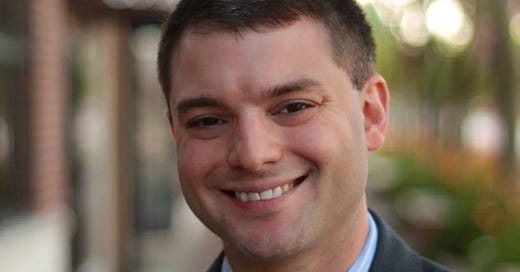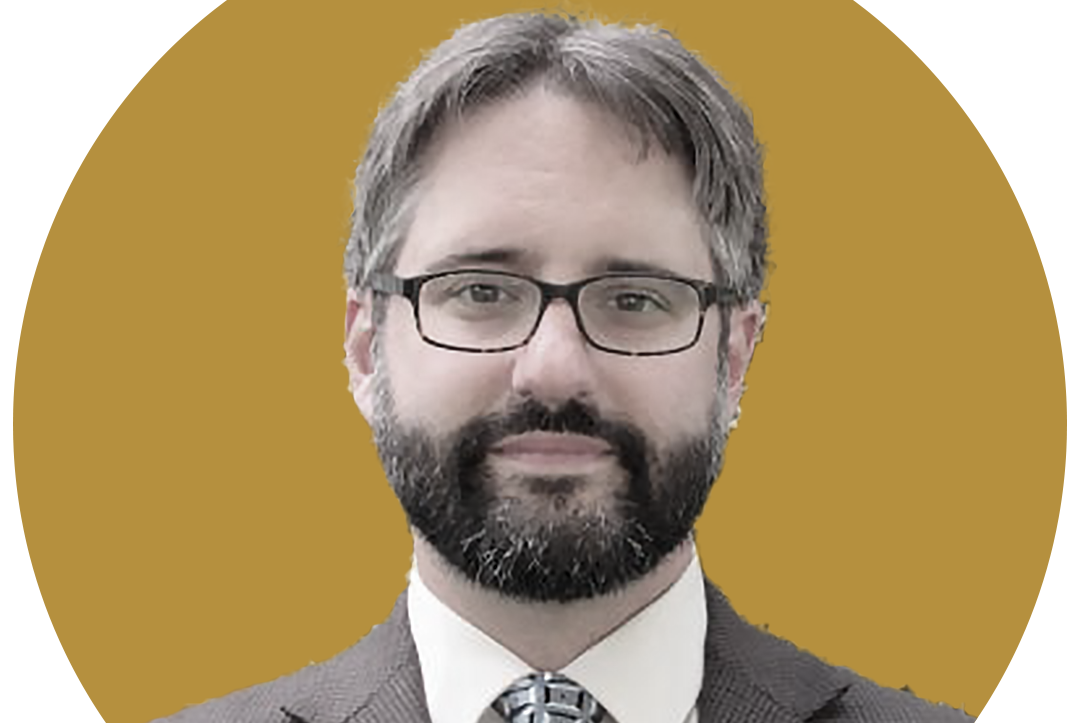When Teamsters president Sean O’Brien spoke at the Republican National Convention on July 15, he claimed that “only when Americans band together in democratic unions that we win real improvements on wages, benefits and working conditions.”
Much of the nationalist-populist Right welcomed the union president’s appearance at the RNC and argued that American conservatives should abandon their traditional opposition to Big Labor and support for right-to-work laws.
For example, U.S. Sen. Josh Hawley wrote in Compact that conservatives ought to follow O’Brien’s “roadmap” — allying with unions to impose new taxes, trade barriers, and regulations on the American economy.
Freedom Conservatives reject any such leftward lurch. That would make our movement, and more importantly our country, worse off.
“The free enterprise system is the foundation of prosperity,” argues the FreeCon Statement of Principles. “We commit to reducing the cost of living through competitive markets, greater individual choice, and free trade with free people, while upholding the rule of law, freedom of contract, and freedom of association.”
End game: power
One of our movement’s most eloquent voices on labor issues is Vinnie Vernuccio.
He’s president and co-founder of the Institute for the American Worker, which advocates a free-market approach to protecting the rights of workers. He’s also a FreeCon signatory.
Vernuccio served in the Bush Administration’s Department of Labor and in the Trump Administration Labor Transition Team as well as a presidential appointee to the Federal Service Impasses Panel.
He has advised senators and congressmen on a multitude of labor-related issues, and has testified numerous times before Congress and state legislatures. He has also worked as director of labor policy at the Mackinac Center for Public Policy.
Far from being a potential ally with conservatives against the woke Left, as Vernuccio argued in a recent New York Post op-ed, labor unions actively collude with ESG activists at the expense of workers and shareholders.
“The Teamsters recently stated the ‘S’ in ESG is ‘a critically important tool for advancing worker interests in the 21st century,’” he wrote. “Similarly, the AFL-CIO has said ESG investing ‘advance[s] the causes of working people.’”
The “end game is to give unions more power,” Vernuccio concluded. “Yet while unions win, workers lose — and so do the investors whose money is being used for political purposes.”
Won’t work
Robert VerBruggen is a fellow at the Manhattan Institute, where he provides policy research, writes for City Journal, and contributes to special projects and initiatives in the president’s office. He is also a FreeCon signatory.
Having held roles as deputy managing editor of National Review, managing editor of The American Conservative, editor at RealClearPolicy, and assistant book editor at The Washington Times, VerBruggen writes on a wide array of issues including economic policy, public finance, health care, education, family policy, cancel culture, and public safety.
VerBruggen was a Phillips Foundation Journalism Fellow in 2009 and a 2005 winner of the Chicago Headline Club Peter Lisagor Award.
In a recent piece for the Washington Examiner, he discussed the big fight coming next year over the renewal of the 2017 Tax Cuts and Jobs Act.
Arguing that the expanded child tax credit ought to be retained and indexed for inflation, VerBruggen criticized proposals from Democrats and some Republicans to ease its work requirement.
“The looming expiration of a major tax law is going to force Congress to deal with it in a polarized environment,” he concluded. “Next year’s fighting won’t be pretty. But it can result in a durable compromise that supports working families.”
In the mix
• Writing in The Wall Street Journal, FreeCon signatories Andrea Picciotti-Bayer of the Conscience Project and National Catholic Register, James Patterson of Ave Maria University, and Richard Reinsch of the American Institute for Economic Research challenged the notion that “postliberalism” is anything new.
“Many of its ideas have been circulated in the public square for decades — by progressives on the Left. This particular brand of New Rightism shares a mind-set with its supposed enemies: rejecting individual liberties such as religious freedom, seeking to grow the administrative state to impose an undefined ‘common good’ and demonizing the free-market system using populist rhetoric.”
• Avik Roy, president of the Foundation for Research on Equal Opportunity and one of the leaders of the FreeCon project, wrote in Forbes that presumptive Democratic presidential nominee Kamala Harris once co-sponsored Bernie Sanders’ single-payer plan for health care.
“That bill, if enacted, would have abolished private health insurance for all age groups (including Medicare beneficiaries),” he wrote, “and replaced it with a government-run single-payer system to benefit ‘every individual who is a resident of the United States,’ including undocumented immigrants.”
Has her position changed? “Harris will no doubt be asked about her health reform views, and the country would be well served to know her answer,” Roy concluded.
• Writing in The Dispatch, Pope Foundation president John Hood criticized the frequent use of “ultraconservative” and “arch-conservative” to label the likes of J.D. Vance, Steve Bannon, the U.S. Supreme Court, and the Freedom Caucus.
The American Right “encompasses a wide range of voices, views, and institutions,” wrote Hood, one of the leaders of the FreeCon project, and “we need terms to define and discuss them.” But “the key differences among conservatives aren’t in degree. They’re in kind.”
Naturally, he suggests Freedom Conservative and National Conservative as better labels for the competing camps.




